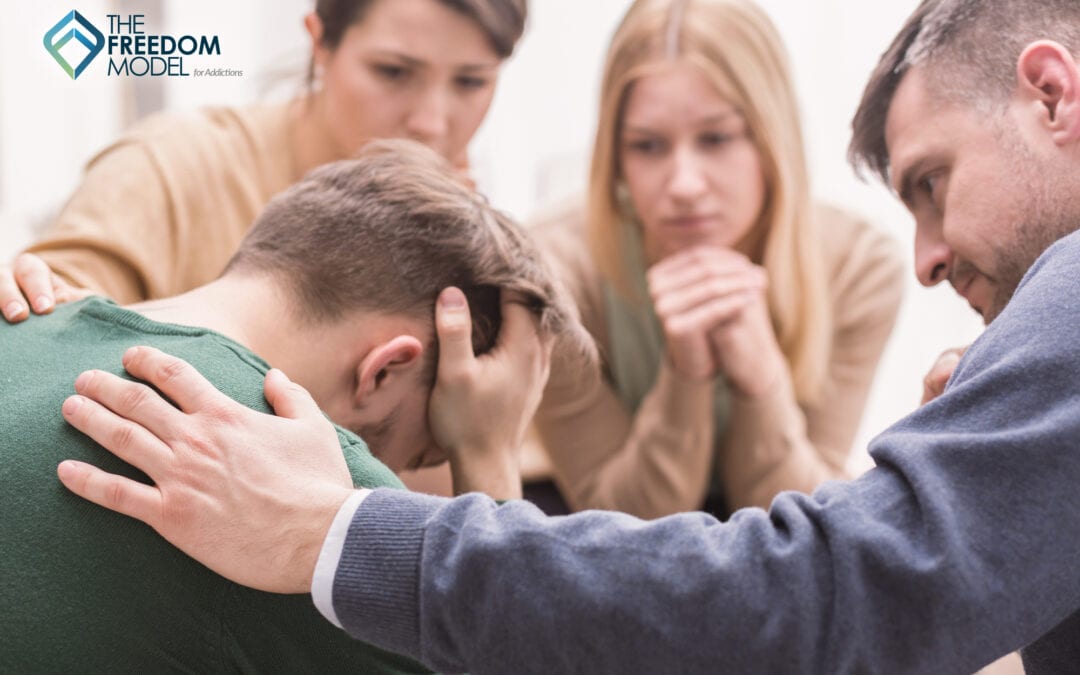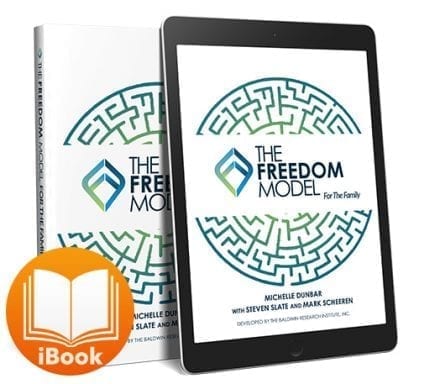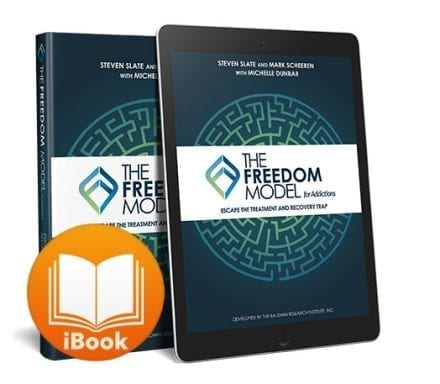There are not many things in life more difficult or troubling than dealing with a loved one that is struggling with an addiction. Whether your loved one is 16, 36 or 60, watching them self-destruct before your very eyes can make you feel helpless and hopeless. You may wonder what you might be doing wrong to cause them to be this way. You may have tried to implement tough love, then take them back in, then pay for addiction treatment and therapy, and then go back to tough love when nothing seems to be working. You may be heartbroken, and your own mental and physical health may be suffering. And then when they finally agree to go to drug rehab, or you take legal steps to force them to go, more times than not, they get out and go right back to heavy use.
The addiction treatment industry is a $40 billion dollar business annually. They explain away their high failure rates by saying that addiction is a progressive, incurable disease, and thus people need lifelong treatment. But how do those people who stay in lifelong treatment end up doing? The truth will shock you. Based on the largest studies on addiction to date, those who get the most treatment have some of the worst outcomes. In short they struggle with substance use longer, are more likely to develop dangerous binge using patterns, and they are also more likely to struggle with mental health issues – with many receiving mental health diagnoses and multiple psych medications in treatment programs.
Ask yourself this question, would you want to get up every day and remind yourself that you are powerless? Does that sound productive or positive to you? Does it sound like a path to increased self-confidence and improved mental health? Of course it doesn’t, but this is exactly what heavy substance users are taught to do in addiction treatment programs and recovery groups. And, based on the research, it is this belief system that keeps them stuck.
The addiction treatment industry labels addiction a progressive, incurable disease (even though there is no data to support addiction as a disease), and then advocates for professional interventions to force those who are unwilling, to go to treatment. If you’ve ever seen the hit A&E show, Intervention, then you know just how awful this practice is. Can you imagine any other disease where a group of your closest friends and family members hire a professional to get everyone together to corner the “sick” person and confront them about their sickness? Can you imagine giving the sick person letters that explain how terrible he/she is as a means to coerce this “sick” person into getting treatment that at best yields a 5-20% success rate? And then when this person agrees to go into treatment, the primary goal of that treatment is a massive “ego deflation” process promoted through the 12 steps which just furthers their shame and guilt.
When you look at this practice in this way, you can see it for the travesty that it is. The bottom line is addiction isn’t a disease, it’s a confounding habit. No one gets addicted to an activity or substance they don’t like at some personal level and which they believe has no value to them. People develop substance use habits through repetition, just like they develop any other learned habit. And they stop a substance use habit in much the same way you stop any other habit – by changing your mind and then taking action and moving on.
Think of something you used to like doing or a food you used to like to eat. Maybe you did that activity or ate that food every single day for a period of time, but then one day you realized you didn’t like it that much anymore and you stopped. Maybe you thought about it once or twice in the days that followed stopping it, but you didn’t feel compelled to return to it. Instead, you shrugged off the thought and got on with your day. This happens in so many areas of our lives – when we leave a relationship, change jobs, move to a new town, and yes, when we change a substance use habit (i.e. an addiction), we do so by changing our mind about that activity. We don’t see value in the activity, food, or substance as we did before. We no longer see the same benefits in that activity. We open our minds to the possibility that we can be happier doing something different.
This may seem overly simplistic, but all the credible research on addiction shows that most people stop their addictions, and the vast majority do so without going into treatment or recovery programs. I realize that might shock you, but it’s the truth. So the question becomes, how do you talk to someone you feel has a drug and alcohol problem? How do you express your concerns and get them to want to change? The answer is you approach them with kindness and respect, even if your perception is that their life is spiraling out of control and they’ve been offensive or even abusive to you. Talk to them when they are most likely to be receptive (less high/drunk) and not angry, and stay away from being accusatory about their substance use because that leaves fodder for argument. Instead pick a concern that they will acknowledge is true, such as they’ve seemed down recently, or perhaps lost a job, or are having trouble in a relationship, etc. As the saying goes, you catch a lot more flies with honey, than vinegar. Approach them as you would like to be approached if you were struggling.
Keep in mind no one wants to be told what to do, but everyone wants to know they are loved. Expressing your concerns does not mean being overly dramatic. You can express concerns without being hysterical or using hyperbole. Yes, you may be scared, but it’s important to keep your emotions in check and have a calm, civil, conversation rooted in reality and not your worst-case scenario fears.
Oftentimes heavy substance users who are struggling emotionally already feel judged and alone in their lives and these feelings can be reinforced in a terrible way when those they love begin attacking them for their substance use habits. It’s important for loved ones to understand that many struggling substance users see the substance as one of the only ways they can get a bit of relief – it may be the one thing they can count on to feel just a little happier.
Perhaps take away the stigma of substance use for a moment, and imagine they are engaging in another risky activity, like driving or riding in a car. You may not know that more than 4 million people are injured in auto accidents in the US annually and approximately 40,000 people die. In reality, your loved one is engaging in an activity that has inherent risks that are much like being in an automobile. Hopefully, this comparison can reduce some of the panic you may be feeling, so you can have a much more productive, less emotional conversation.
Ultimately all people stop an addiction for the exact same reason, they open their minds to the possibility they can be happier making a change. The idea that they have to hit rock bottom is a fallacy because every person’s reasons for changing are unique. For some, they get bored of their heavy use, while others may fall in love, and still, others find a mission in life, and others just become open to making a change. The common thread for everyone is the pursuit of happiness. With this knowledge, you can make some suggestions, have a frank and calm discussion, and see what happens. If your loved one decides to continue to use heavily, then the ball is in your court and you will have to decide how much of their chaos you’re willing to tolerate, and then you can act accordingly. But know this, while the outcome of your honest and calm discussion might not be what you want, at least you can move forward knowing you took the high road to provide a path out. In the final analysis, we are all autonomous creatures, just people doing what we think is best for ourselves. Act accordingly.






